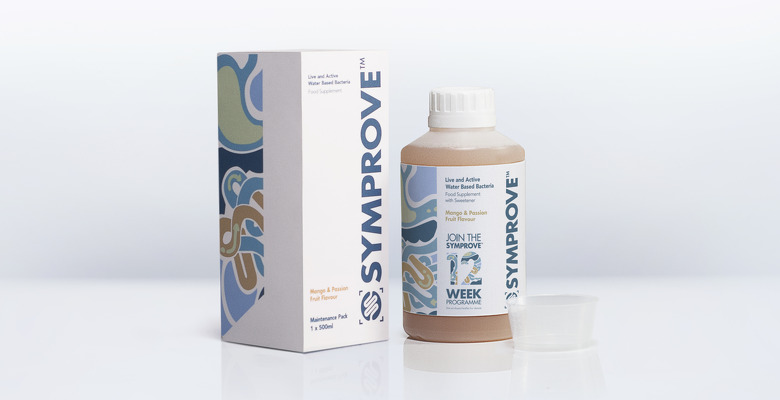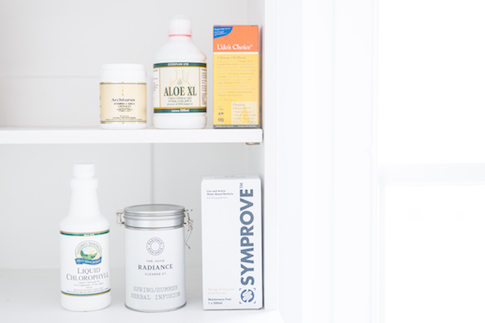We catch up with Kaori Murphy - Colonic Hydrotherapist at the Hale Clinic, to find out more about why juicing and colonics go hand in hand, and some top tips for better digestion.
Kaori works with busy individuals, some of whom have digestive issues and struggle with low energy and high stress. She supports them in achieving their health goals by assessing the individual needs and implementing nutritional advice, cleansing and stress management.
Kaori is an experienced colonic hydrotherapist and nutritional therapist with extensive knowledge of various digestive and hormonal issues. Before she became a complementary health practitioner, she was a vegan chef in Osaka and London. She loves healthy foods and she is always trying different dietary programmes and creating healthy recipes.

R: We've been recommending colonic hydrotherapy to clients for years. In your opinion, how does a treatment enhance the effects of a juice cleanse?
K: A juice cleanse prepares and helps the build-up of waste matters get soften and ready to eliminate from your body. It particularly helps make a colonic session easier and effective, especially if a fibre supplement is taken together as it bulks up the stool.
Juicing is like a detergent; a fibre supplement is like a brush and a colonic works like water to flush out the waste. I often see clients whose diet is a full of acidic and processed food. Their waste matters tend to be hard and take a long time to hydrate and sometimes almost nothing will come out during a colonic session.
R: There are lots of misconceptions about colonic hydrotherapy - what would you say to someone who is nervous about trying it, or perhaps embarrassed to talk about it?
K: People who have never had a colonic before, tend to be nervous as they don’t know what it involves and how they may feel. It’s best that you get a recommendation of a practitioner from friends and family who had it done. It’s also essential that you speak to various practitioners that belong to a reputable colonic association such as Association of Registered Colon Hydrotherapists (ARCH) first and then chose whomever you feel most comfortable with. I speak to a lot of people who are considering a colonic for the first time. I explain the procedures and make sure that there are no contradictions and give advice in terms of preparation. Everyone has different needs and reasons why they are thinking of have it done.
R: That's great advice. From your experience in digesive health, do you have any tips for our clients on how to keep things moving day to day?
K: If I were to pick three generic tips but very vital tips for digestive health, that would be 1) Stress Management 2) Drinking plenty of water. 3) Eat slowly and chew foods well.
In my practice, I often see clients with a long term high stress, which is the number one contributing factor for many health issues, so putting stress management in place is very crucial for optimum health, especially digestive health. Our digestion only works when we are relaxed!
What I also notice that many people don’t drink enough water. Our body is made up of 50-65% is water, so drinking 6-8 glasses of water daily is necessary. Those who drink tea, coffee and alcohol are required to drink more water as they are diuretic. Chewing is vital for healthy digestion yet oftentimes overlooked. The action of chewing breaks down foods into smaller particles. I see undigested foods come out during a colonic session for people don’t chew foods well. If you are not chewing foods well, it creates gas and you tend to feel more bloated as the foods are not digested properly and this will lead to bacterial overgrowth. Ideally each mouthful should be chewed at least 30 times.
It’s hard for to give you more specific nutritional tips for digestive health as everyone is very different and unique. Some people benefits by having lots of fibres in their diet and others feel very bloated. Some people feels better on Paleo diet which is based on various proteins, vegetables, fruits and void of grains and dairy products. Others feels great on vegetarian diet which is high in fruits & vegetables and whole grains void of animal produce.
If people tend to get bloated, it’s best that they keep a food diary and identify what foods that may be causing the issue and avoid them. They may be sugar, wheat, gluten, milk or dairy products. You can also consider trying low FODMAP diet which is focused on avoiding fermentable carbohydrates.
For clients interested in booking a consultation with Kaori, the Radiance team are happy to put you in touch. Alternatively they can call the Hale clinic directly on 020 7631 0156.



